More than 85% of Kaiser Permanente mastectomy patients now recover safely in the comfort of their own homes. (Photo credit: Dustin Moon)
When Adriana Sanchez-Ochoa was diagnosed with cancer in both breasts, she wasn’t sure what to make of her surgeon’s suggestion that she could have a double mastectomy and immediate implantation of tissue expanders, and not spend the night in the hospital.
“At first I was shocked that I would go home after such a huge surgery,” said Sanchez-Ochoa, a 57-year-old policy consultant from Elk Grove. “I didn’t want to go home. It was scary.”
But Sanchez-Ochoa said that her breast surgeon, Brooke Vuong, MD, of Kaiser Permanente’s South Sacramento Medical Center, and her Kaiser Permanente care team patiently talked her through what to expect before, during, and after the surgery, carefully answering all of her questions and concerns.
“My care team is amazing. The biggest factor with being ready to go home was how they prepared me,” Sanchez-Ochoa said. “The patient education piece is crucial to make patients feel that it’s better to be home.”
Preparing for At-Home Recovery
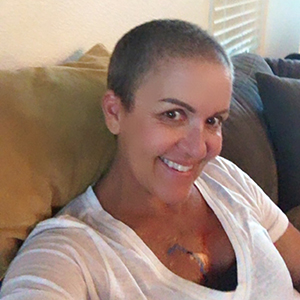
Dr. Vuong explained that for a long time it had been standard practice for mastectomy patients to be admitted to the hospital and discharged the next day.
“As surgeons, we would visit our patients the next morning, and they would usually be ready to go,” Dr. Vuong said. “We thought, what’s the added benefit of staying overnight?”
In 2017, a team of Kaiser Permanente Northern California surgeons launched an integrated program of post-surgical best practices for mastectomies across the region’s 21 medical centers, coupled with proven techniques from the region’s successful enhanced recovery after surgery (ERAS) program.
The surgeons’ program for sending mastectomy patients home the same day included setting patient expectations for home recovery early; educating patients about managing drains and pain at home, with minimal use of opioid medications; collaborating with plastic surgeons on reconstruction techniques; and standardizing timely follow-up with patients by phone or email after discharge.
“We make sure patients have excellent pain management and thorough pre-operative teaching, and that they know how to access their providers after hours,” said Gillian Kuehner, MD, a surgeon at Kaiser Permanente’s Vallejo Medical Center. “We work closely with all members of the breast care team at every medical center to ensure that our patients are prepared.”
Safety of Outpatient Mastectomy
Dr. Vuong, Dr. Kuehner, and colleagues recently published a study showing that the rate of home recovery after mastectomy increased from 23% regionwide to 61% in the 6 months after the program started, with no significant changes in emergency department visits, reoperations, or readmissions.
“This is the first large-scale study to evaluate an at-home recovery program for mastectomy patients,” Dr. Kuehner said. “We found that our Kaiser Permanente patients are grateful for the opportunity to recover safely at home.”
Today, more than 85% of Northern California mastectomy patients are recovering at home after surgery; patients continue to be admitted to the hospital as-needed, including for anxiety, difficulty with pain control, or other post-surgical complications.
After an outpatient bilateral mastectomy followed by chemotherapy, Sanchez-Ochoa went on a vacation in Cabo San Lucas, Mexico, with her husband, mom, and youngest daughter to recuperate. She completed radiation therapy on October 15, and is slowly recovering and looking forward to beginning to heal.
“I was so, so, grateful to be sent home after the mastectomy. I don’t remember feeling any pain,” Sanchez-Ochoa said. “It was the best decision that I made. There’s nothing like being at home.”
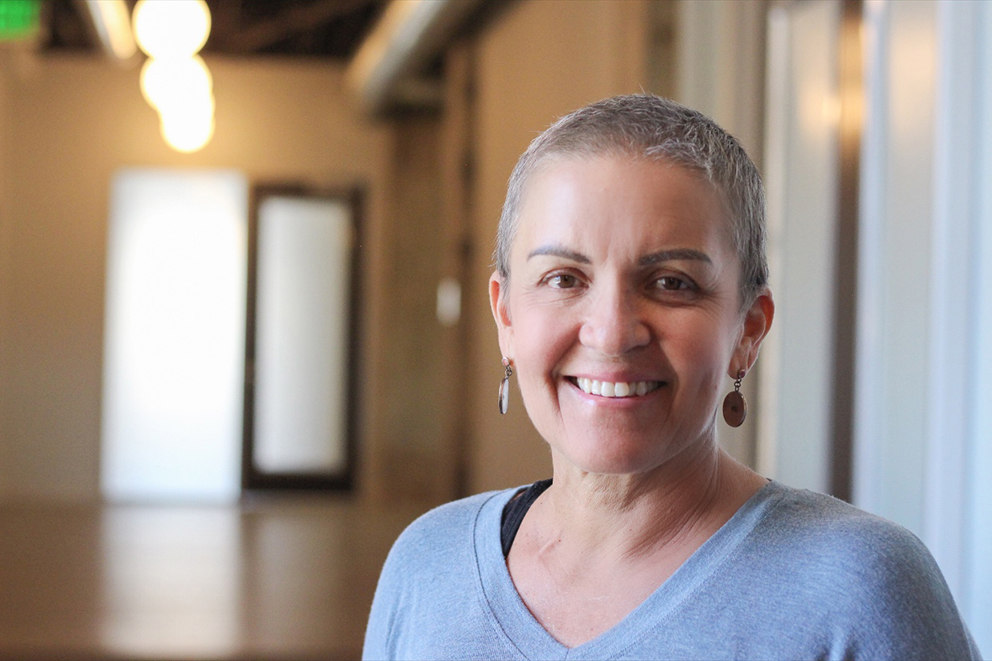
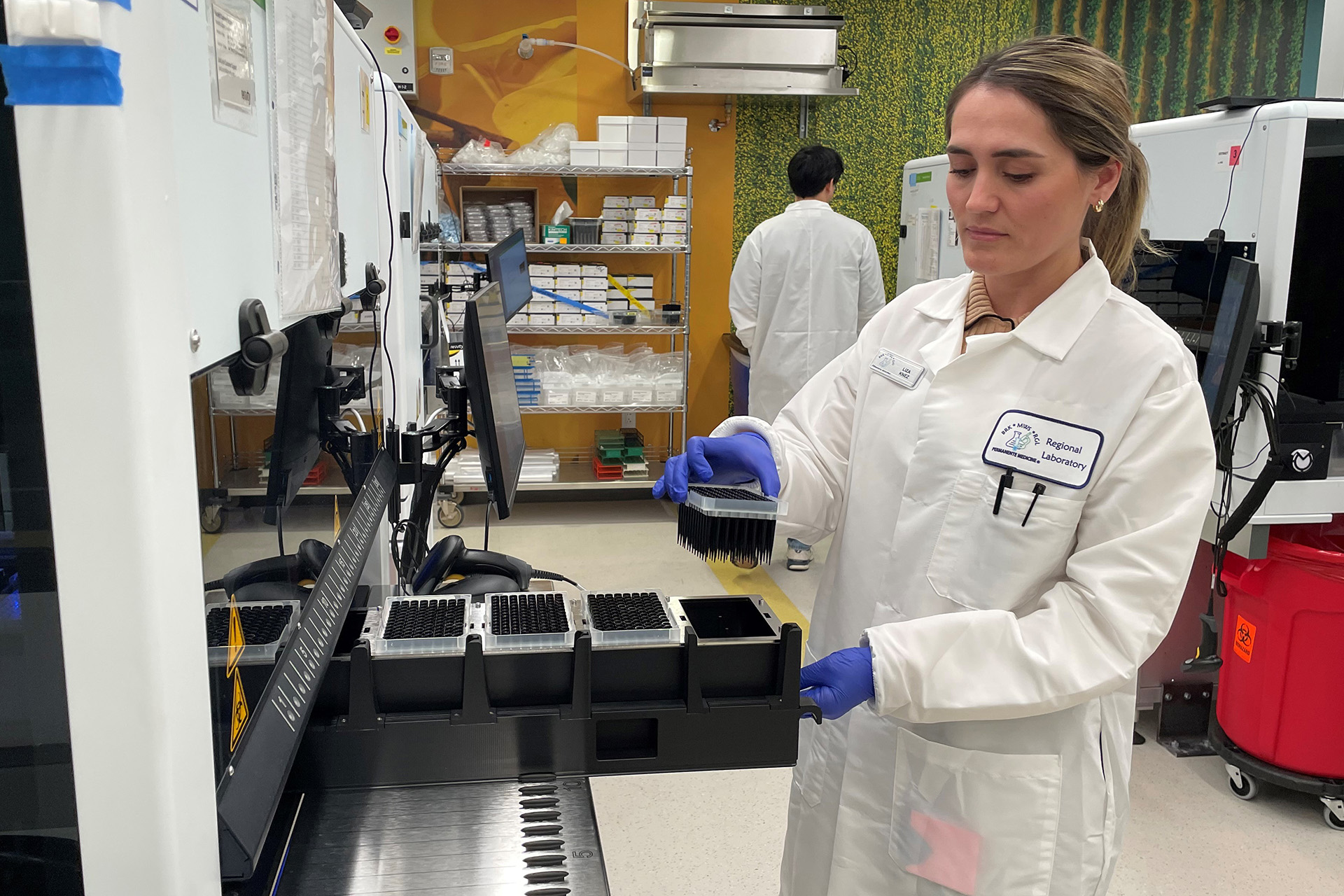
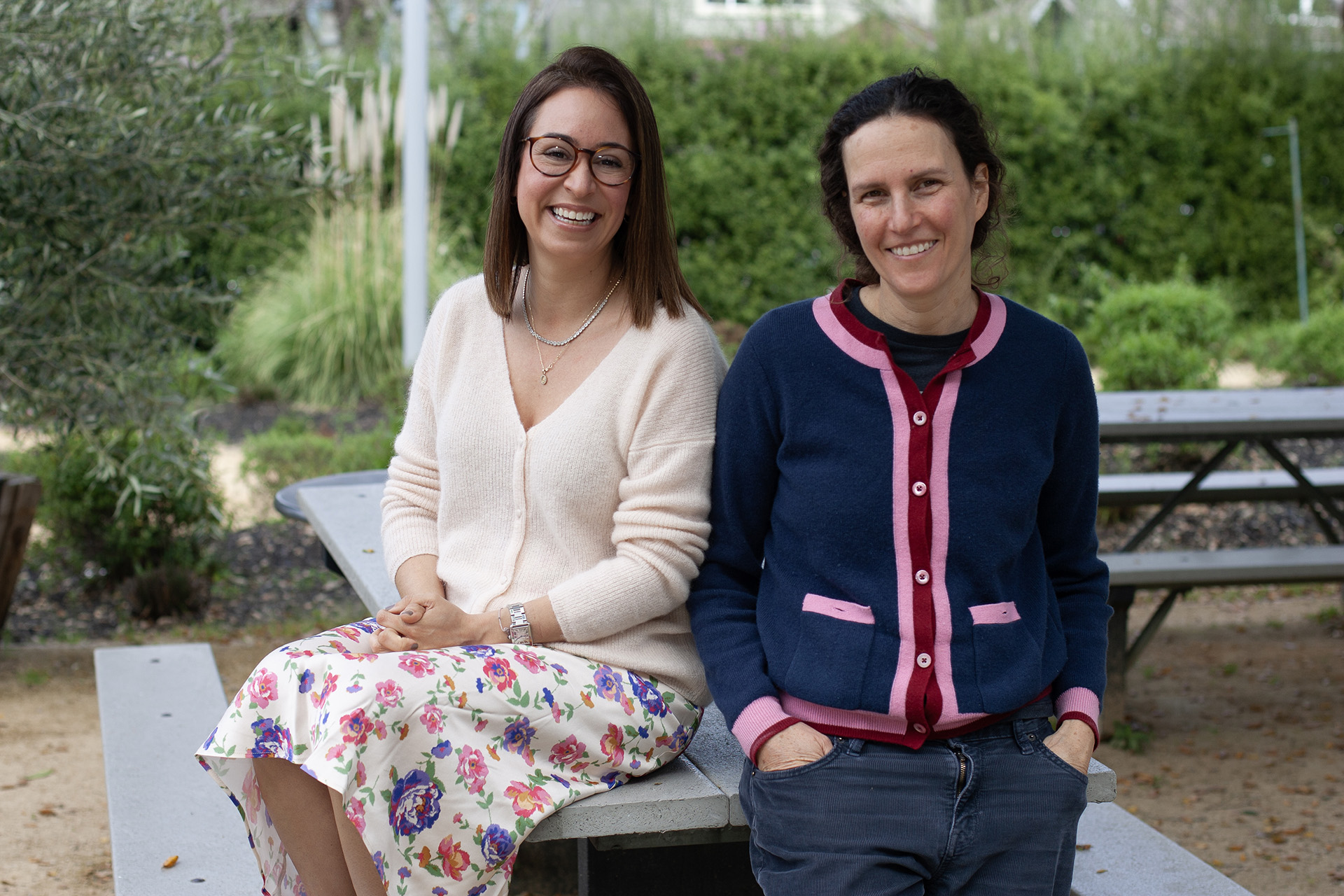
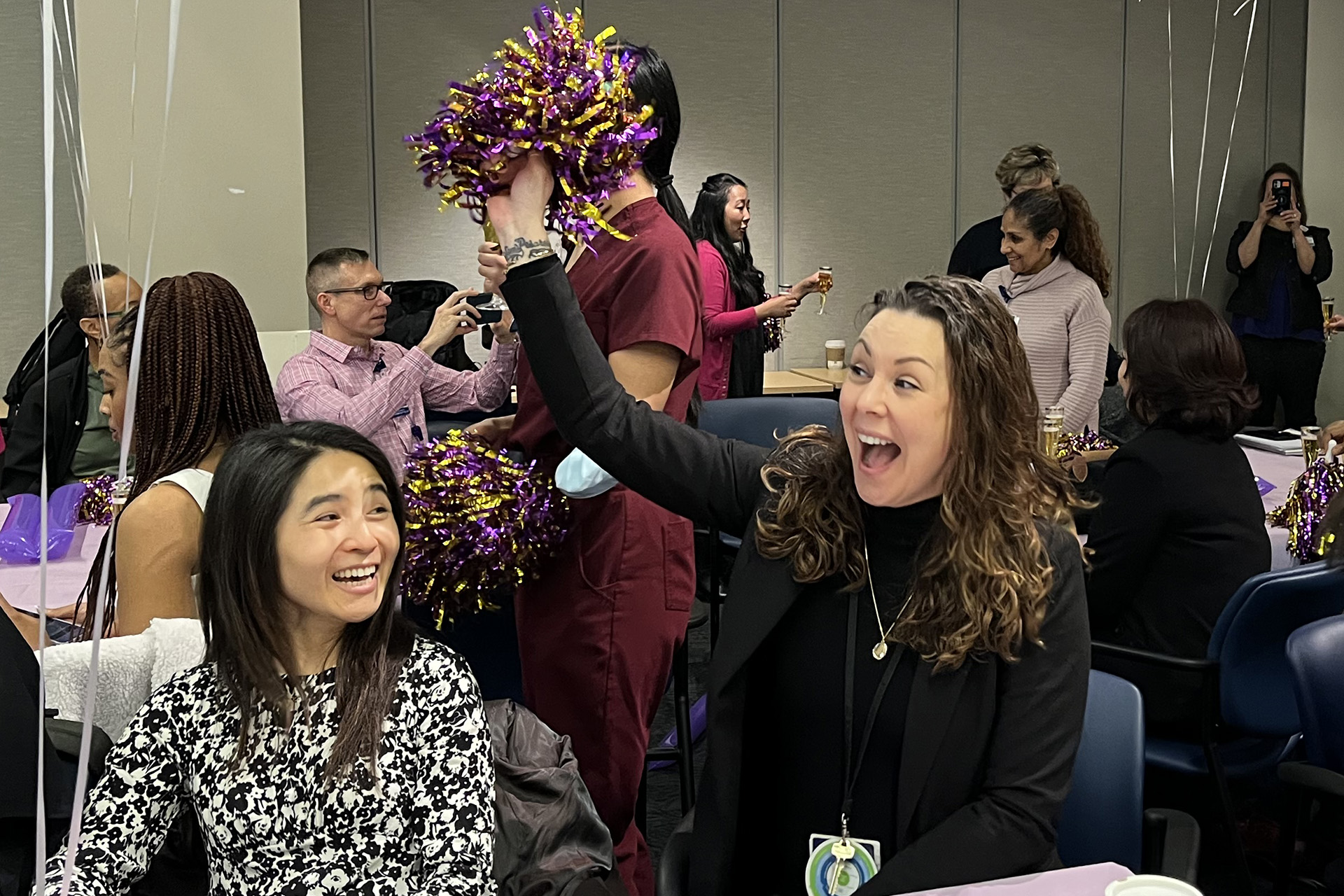
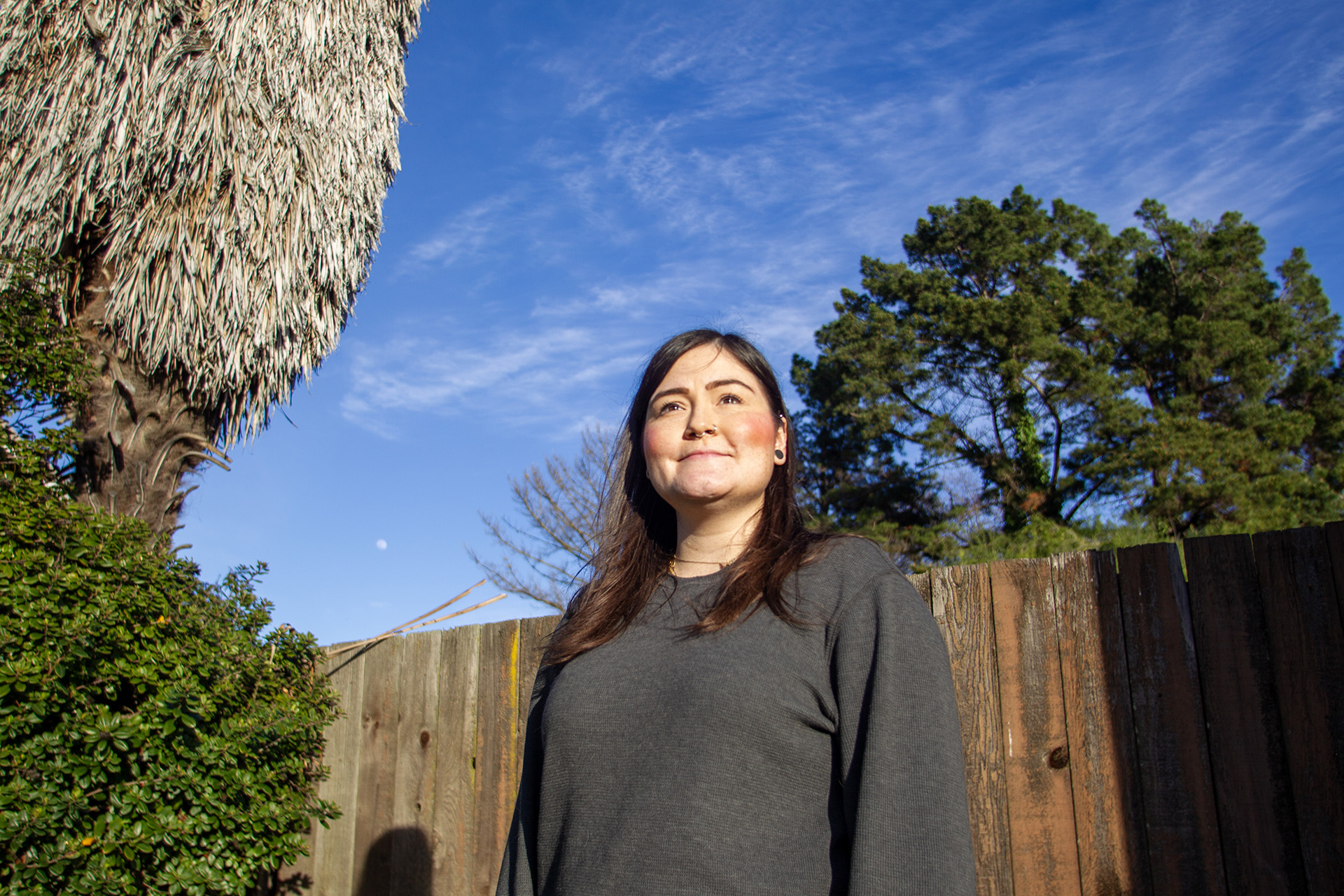
This Post Has 0 Comments